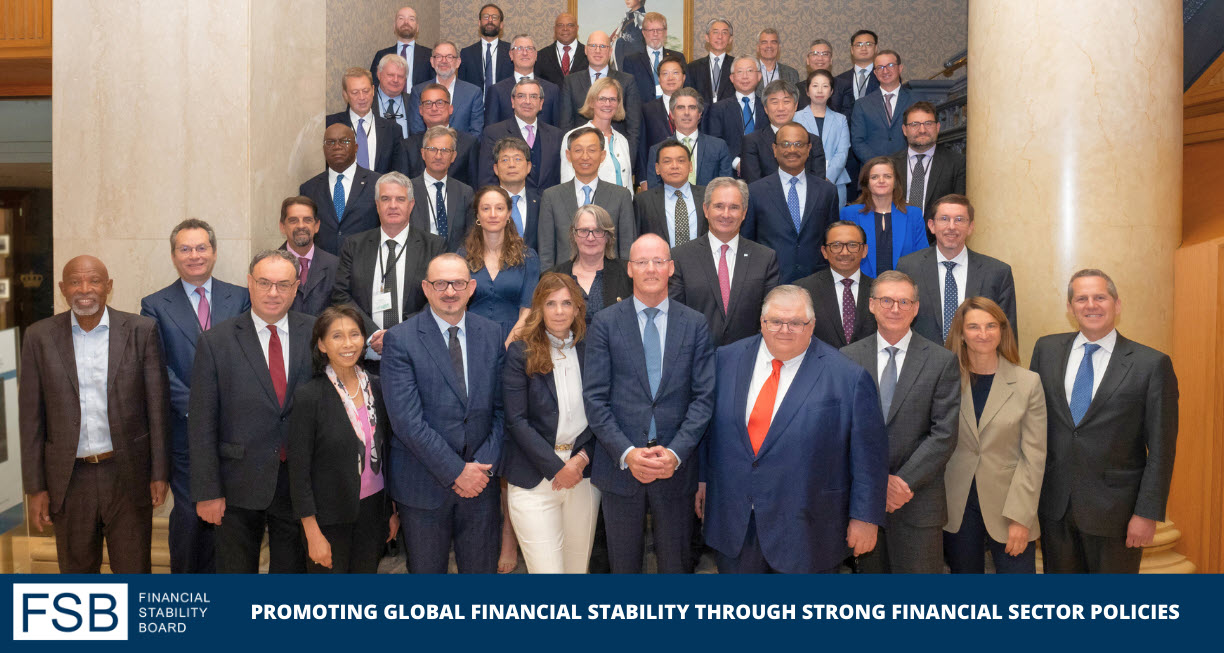The Financial Stability Board (FSB) Regional Consultative Group (RCG) for the Americas met on 7 and 8 October in Santiago. The meeting was hosted by the Central Bank of Chile and the Financial Market Commission. FSB Chair, Klaas Knot, joined RCG members for the meeting.
On the first day, members took part in a workshop on macroprudential frameworks and discussed the interaction between micro and macroprudential policies and the institutional arrangements needed for their consistent and effective implementation. Members stressed the importance of coordination and collaboration between financial authorities to respond to financial risks in a holistic manner.
On the second day, members discussed recent developments and shared their thoughts on vulnerabilities they were monitoring in their jurisdictions, including heightened volatility and asset repricing risks. Members exchanged views on potential implications of recent monetary easing on capital flows and exchange rates in the region. Severe weather events have increased in frequency and intensity in the Americas. The group discussed the availability and affordability of climate and natural catastrophe insurance in the region, and implications for financial stability. Members discussed their work to strengthen the reliability and comparability of climate-related financial disclosures and to incorporate climate-related risks into their supervisory frameworks.
Digital innovation in payments has the potential to boost the provision of – and access to – finance in the region. Such innovation could help meet the goals of the G20’s Roadmap for cheaper, faster, more accessible and transparent cross-border payments, while maintaining their safety and security. Members notably discussed issues and developments related to open finance, fast payment systems, central bank digital currencies and crypto-assets, and challenges in fostering digital innovation in payments. Members noted the importance of the FSB’s work to promote greater alignment and interoperability in these frameworks within and across jurisdictions.
Recent operational incidents, such as the CrowdStrike failure, illustrate the risks from financial institutions’ reliance on third-party providers. Members discussed their progress in implementing the FSB toolkit to help financial institutions to monitor, identify and manage risks arising from third-party services and work to strengthen their cyber resilience. Members acknowledged the FSB’s efforts in promoting greater convergence in cyber incident reporting and looked forward to participating in the upcoming consultation on a format for incident reporting exchange.



